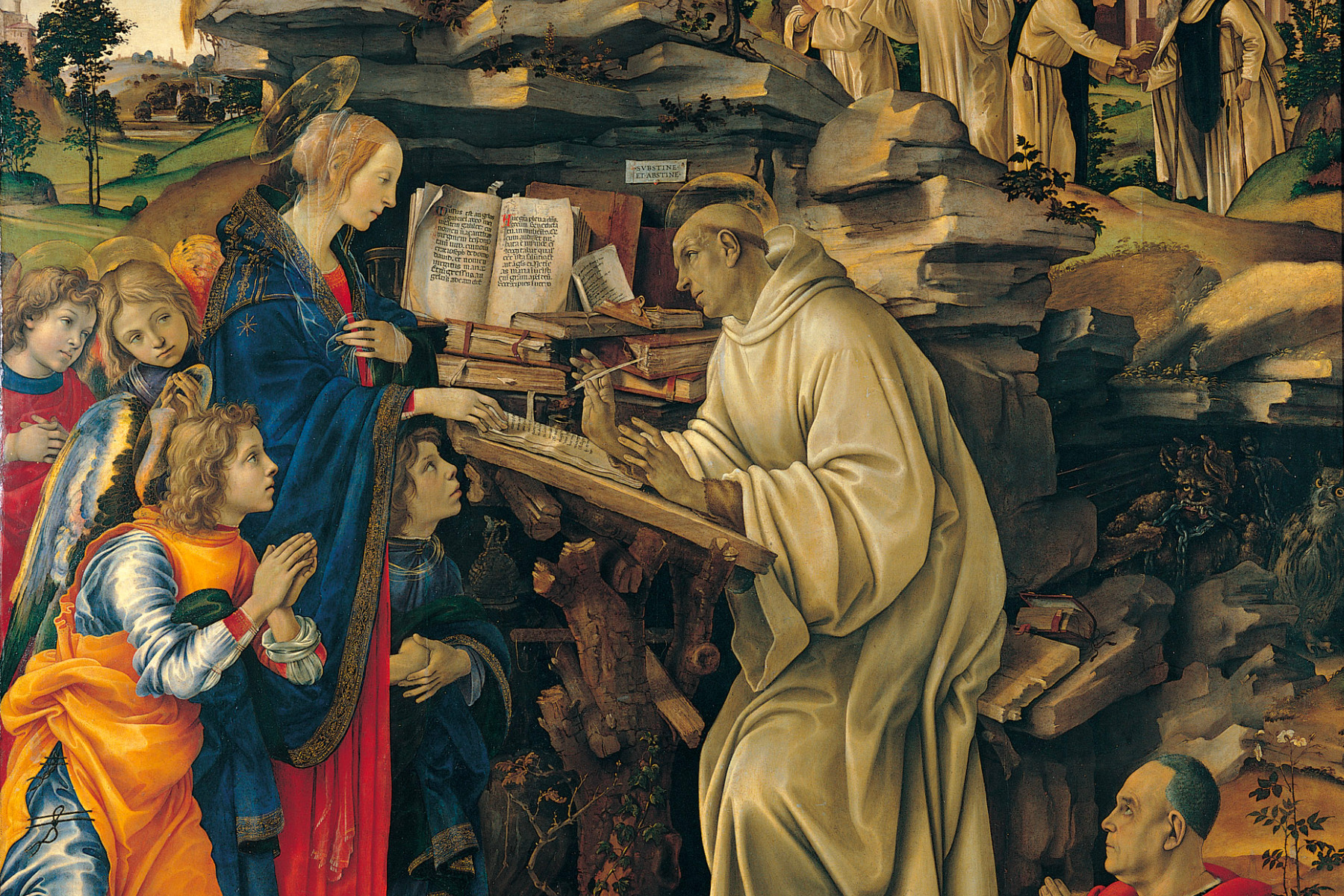For All the Saints
WENDY MURRAY (MATS ’85)
It is appropriate that the celebration of All Saints Day comes directly on the heels of Reformation Day. It serves as a reminder to us Protestants that this litany of spiritual champions, largely celebrated only by Catholics, carried the torch of gospel witness at Christianity’s beginnings and through the centuries. “It would be cruel injustice and ingratitude,” writes historian Charles de Montalembert in The Monks of the West from St. Benedict to St. Bernard, “to pass by in silence twenty [plus] generations of indomitable laborers who had cleared the thorns from the souls of our fathers, as they cleared the soil of Christian Europe.”1 So it seems right and appropriate that large-souled Protestant Christians celebrate and honor “the saints.”
It is worth noting that honoring the saints is already woven into our consciousness and spiritual sensibilities in ways we might not be aware of. We sing, “Holy, holy, holy, all the saints adore Thee, casting down their golden crowns around the glassy sea.” We testify, “we’ll gather at the river, the beautiful, the beautiful river; gather with the saints at the river that flows by the throne of God.” Most notably, particularly on “Mission Sundays,” the grand hymn resounds with lifted voices:
For all the saints, who from their labors rest,
who thee by faith before the world confessed,
thy name, O Jesus, be forever blest.
Alleluia, Alleluia!
If evangelicals believe, as the book of Hebrews attests, that we live our lives of faith under the eye of a “cloud of witnesses” (Heb 12:1), we are hard-pressed not to animate that belief with an honest reckoning of the role these little-known champions play and have played in the larger Faith Story. To dismiss the saints is a tragedy of our tradition. But worse than that, we ourselves are smaller and perhaps shallower within our spirits without the benefit of their silent, invisible, gentle, and mighty influences. Their outer lives and inner landscapes have left a sweet aroma over the testimony of the Christian church through the ages.
Those who qualify for sainthood, as defined by John Delaney in Dictionary of Saints (Doubleday, 1980), include men, women, and, in some cases, children who “strove to live lives of perfection to the best of their abilities in service of the Master.” Delaney adds that they also “struggled desperately, sometimes against a most mundane background” in their striving. The definition from The Penguin Dictionary of Saints elaborates: “The saint is the man or woman who gives himself or herself to God heroically.”
Where to draw the invisible line between what makes one person’s faithfulness “heroic” over against simply “devoted,” is not the within the scope of this brief reflection. For now we can say, given this sweep of the above descriptions, the potential exists that any stout-hearted Christian—you or I, for example—could qualify for sainthood. Such a wide sweep of potential champions is in keeping with the sentiments reflected by the Apostle Paul when he wrote to the Christians in Rome: “To all those loved by God in Rome, called to be saints: Grace and peace to you from God our Father and the Lord Jesus Christ” (1:7).
We, evangelicals, would be well-served to remember the greater testimony of the innumerable men and women who suffered cruelly, died heroically, or otherwise lived lives with great faithfulness, often under duress, in the name of their Christian witness. The saints comprise a host of champions of faith whose devotion has been forged through the “interrogation of suffering” (to borrow from Thomas Merton). They remain a sort of plumb line whose witness draws us closer to the true stakes of what it means to claim the name of Christ.
St. Bernard of Clairvaux (1090-1153) said the holy person of God “looks on himself as every man’s debtor, alike to friend and foe, to the wise and the foolish. Such a one, being wholly humble, benefits all, [and] is dear to God and man.” Such a one ought also as well to be dear to all believers, including those inside the evangelical tradition.
[1] Charles de Montalembert, The Monks of the West from St. Benedict to St. Bernard, Vol. 1 (New York: P.J. Kennedy, 1912), 3.
Wendy Murray is Gordon-Conwell’s associate director of accreditation and communications. She is the author of several books including her most recent volume, Clare of Assisi: Gentle Warrior (Paraclete Press).
